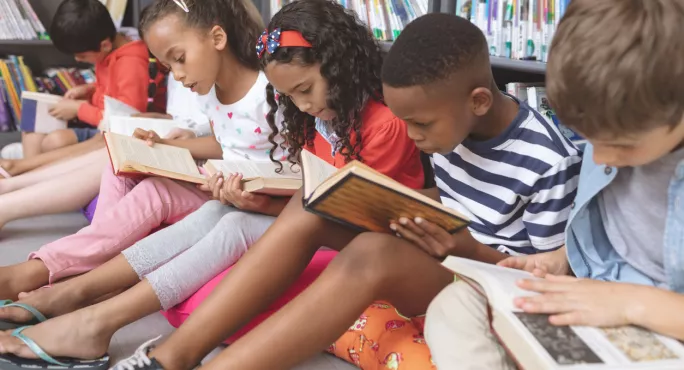The next Progress in International Reading Literacy Study (Pirls) will be published on schedule despite the coronavirus pandemic, Tes can reveal.
Testing for the global education study is due to take place in 2021, as was the case for its rival, Pisa (the Programme for International Student aAssessment).
But while Pisa assessments and results, run by the Organisation for Economic Cooperation and Development (OECD), are being postponed by a year, from 2021 to 2022, Pirls is going ahead.
At a glance: How Pirls ranks 10-year-olds around the world in reading
News: Next year’s Pisa study postponed to 2022 owing to Covid
Research: Probe into countries’ responses to Covid school closure
Conducted every five years, Pirls assesses the reading skills of 10-year-olds around the world.
The results of the last assessment, Pirls 2016, were published in 2017. The next round will be published in December 2022 as planned, the International Association for the Evaluation of Educational Achievement (IEA), which runs Pirls, has said.
Unlike the OECD, the IEA is planning no adjustments to its original publication schedule, despite some countries delaying their assessments due to Covid-related “uncertainty”.
IEA executive director Dirk Hastedt told Tes: “Data collection [assessments] for Southern Hemisphere countries begins in October of this year, and continues for Northern Hemisphere countries in the spring of 2021.
“Because of the uncertainty due to the Covid-19 pandemic, some countries have opted to delay data collection until the autumn of 2021.
“We do not expect these shifts to affect the overall study timeline and we are keeping in close contact with countries, who continue to provide regular updates to inform us about the status of their school closures.”
The field test - a trial run of the assessment questions - was scheduled to take place in March and April 2020 and was impacted by the closing of schools in some countries, Dr Hastedt said.
But, he added: “We were fortunate that a number of countries were able to complete the Pirls field test and provide data for analysis.” Around 15,000 student records were received from 22 countries, which was “sufficient”, he said.
The release of the results of another international assessment run by IEA, the Trends in International Mathematics and Science Study (Timss) 2019, is also still due to go ahead as an in-person event in December this year.




